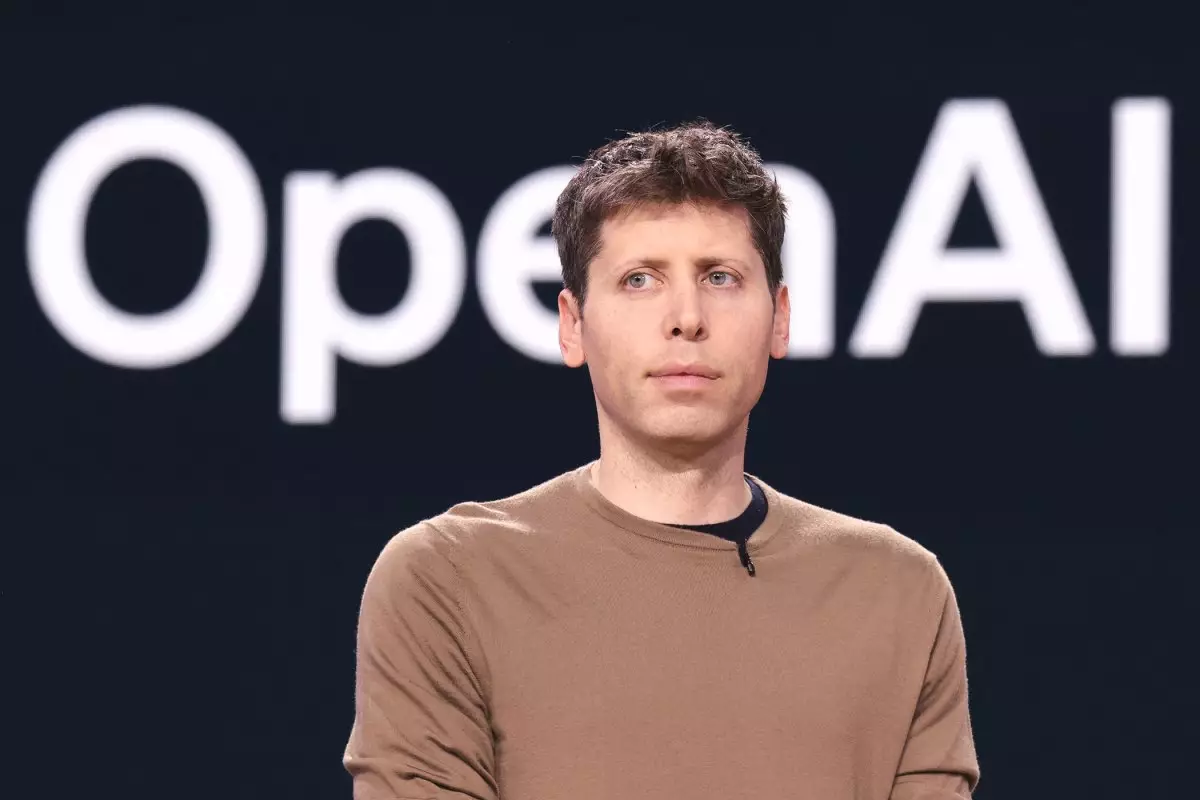In a significant move to bolster the integrity and security of its artificial intelligence platform, OpenAI has introduced the Verified Organization ID verification process. Announced on their official support page, this initiative is set to change the landscape for developers wishing to utilize OpenAI’s most advanced models. By requiring organizations to provide government-issued identification, OpenAI is sending a clear message about the seriousness of responsible AI use. This shift speaks volumes about the company’s commitment to both innovation and safety in the rapidly evolving world of artificial intelligence.
The Need for Verification in AI Development
As AI technologies become increasingly integral to various industries, the potential for misuse also grows. OpenAI acknowledges that a small fraction of developers have previously exploited its APIs contrary to established usage policies. This did not just erode trust; it endangered the integrity of the AI ecosystem itself. The implementation of the Verified Organization process underscores the necessity of enforcing stricter access controls to protect sensitive data and maintain ethical standards. OpenAI’s stated goal is to open up access to sophisticated models while simultaneously ensuring that these powerful tools are not misappropriated or weaponized against society.
What the Verification Process Entails
The Verified Organization status represents a proactive, rather than reactive, approach to security. Organizations must complete a straightforward verification process that entails submitting valid government-issued ID and ensuring that their application adheres to OpenAI’s rigorous standards. The restriction that one ID can only verify one organization every 90 days adds an additional layer of scrutiny, ensuring that organizations are not circumventing the system. Furthermore, recognizing that not every organization will be eligible for verification illustrates OpenAI’s commitment to quality over quantity, fostering a trusted community of developers that align with its ethical principles.
The Implications for Developers and Innovation
While the verification process may seem daunting, it ultimately fosters an environment ripe for innovation. Developers who cleanly navigate this hurdle can gain access to cutting-edge AI capabilities that will allow them to build and enhance applications in transformative ways. Rather than stifling creativity, the verification process incentivizes developers to adhere to guidelines that promote safe and ethical practices in AI development. This protective measure could also act as a deterrent against potential adversaries seeking to misuse AI technology for harmful ends.
A Measure Against Global Threats
The strategic timing of OpenAI’s new verification initiative cannot be overlooked. Following reports of malicious activities by groups, including those linked to North Korea, the necessity of a robust verification process becomes even more apparent. By tightening its access protocols, OpenAI is not only safeguarding its intellectual property but also acting as a guardian of global security standards in the realm of artificial intelligence. This move reflects a growing awareness among technology developers that financial gains and innovative breakthroughs must be balanced with ethical considerations, especially in a domain as consequential as AI.
In refining its access policies, OpenAI champions a future where AI is advance-fueled but anchored in responsible governance, an approach that can set a precedent for the industry at large.

